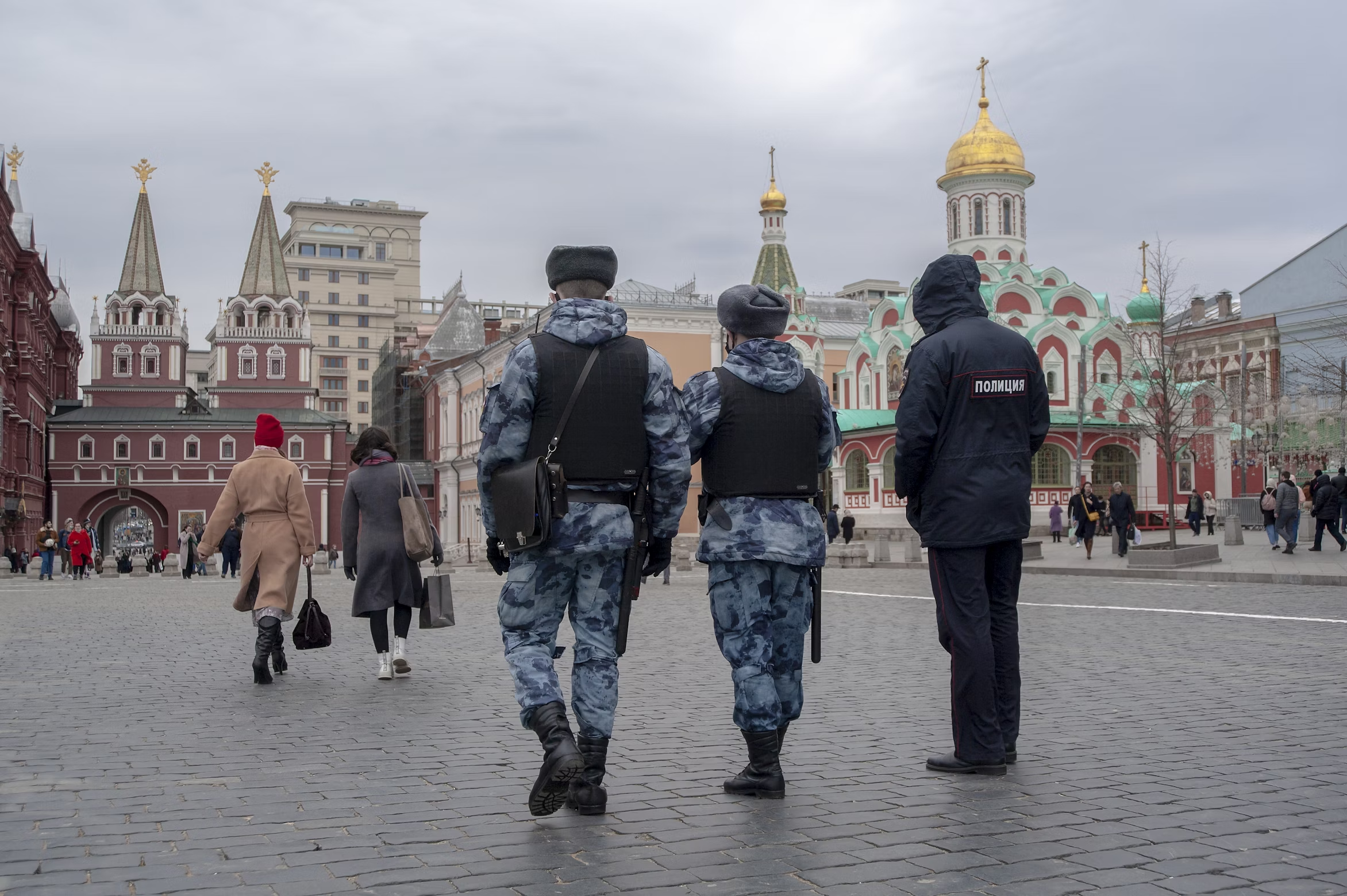Slovak Republic

Senator Wicker and Senator Shaheen Introduce Biparti...
Sep 19, 2025Today, U.S. Helsinki Commission Chairman Senator Roger Wicker, R-Miss., and Commissioner Senator Jeanne Shaheen, D-N.H., introduced the Eastern Flank Strategic Partnership Act of 2025. The legislation establishes it as U.S. […]

BRIEFING – Contesting Russia: Lessons from Cen...
Oct 23, 2024Cannon House Office Building, Room 210 Stream live here For years, the countries of Central & Eastern Europe have been a critical warning system for the rest of Europe, sounding […]

The Proliferation of Russian-Style Foreign Agents Laws
Jun 20, 2024In 2012, Russia adopted a foreign agents law which has been used repeatedly to crack down on independent civil society and opposition, closing organizations and jailing dissenters. Over the past […]

BRIEFING – The Proliferation of Russian-Style ...
Jun 13, 2024Thursday, June 20, 2024 2:00 p.m. Cannon House Office Building Room 210 WASHINGTON—In 2012, Russia adopted a foreign agents law which has been used repeatedly to crack down on independent […]
European Energy Security Focus of Upcoming Helsinki ...
Jun 02, 2022WASHINGTON—The Commission on Security and Cooperation in Europe, also known as the Helsinki Commission, today announced the following hearing: EUROPEAN ENERGY SECURITY POST-RUSSIA Tuesday, June 7, 2022 2:30 p.m. Watch […]
Sweden’s Leadership of the OSCE
Jun 11, 2021In 2021, Sweden chairs the world’s largest regional security organization—the Organization for Security and Cooperation in Europe (OSCE)—which comprises 57 participating States stretching from North America, across Europe, and to […]
COVID-19 Vaccination Rollouts Expose Underlying Ineq...
Jun 07, 2021By Michelle Ngirbabul, Max Kampelman Fellow, and Shannon Simrell, Representative of the Helsinki Commission to the U.S. Mission to the OSCE More than one year into the COVID-19 pandemic, over […]
Swedish Foreign Minister Ann Linde to Appear at Hels...
Jun 03, 2021WASHINGTON—The Commission on Security and Cooperation in Europe, also known as the Helsinki Commission, today announced the following online hearing: SWEDEN’S LEADERSHIP OF THE OSCE Priorities for 2021 Friday, June […]

Helsinki Commission Commemorates 45 Years of Advanci...
Jun 03, 2021WASHINGTON—To commemorate the 45th anniversary of the Commission on Security and Cooperation in Europe, also known as the U.S. Helsinki Commission, on June 3, Chairman Sen. Ben Cardin (MD) and […]

Albanian Prime Minister Edi Rama to Appear at Helsin...
Sep 09, 2020WASHINGTON—The Commission on Security and Cooperation in Europe, also known as the Helsinki Commission, today announced the following online hearing: ALBANIA’S CHAIRMANSHIP OF THE OSCE Responding to the Multiple Challenges […]

2019 Human Dimension Implementation Meeting
Sep 13, 2019From September 16 to September 27, OSCE participating States will meet in Warsaw, Poland, for the 2019 Human Dimension Implementation Meeting (HDIM), organized by the OSCE Office for Democratic Institutions […]
OSCE Representative on Freedom of the Media Harlem D...
Jul 17, 2019WASHINGTON—The Commission on Security and Cooperation in Europe, also known as the Helsinki Commission, today announced the following hearing: STATE OF MEDIA FREEDOM IN THE OSCE REGION Thursday, July 25, […]
